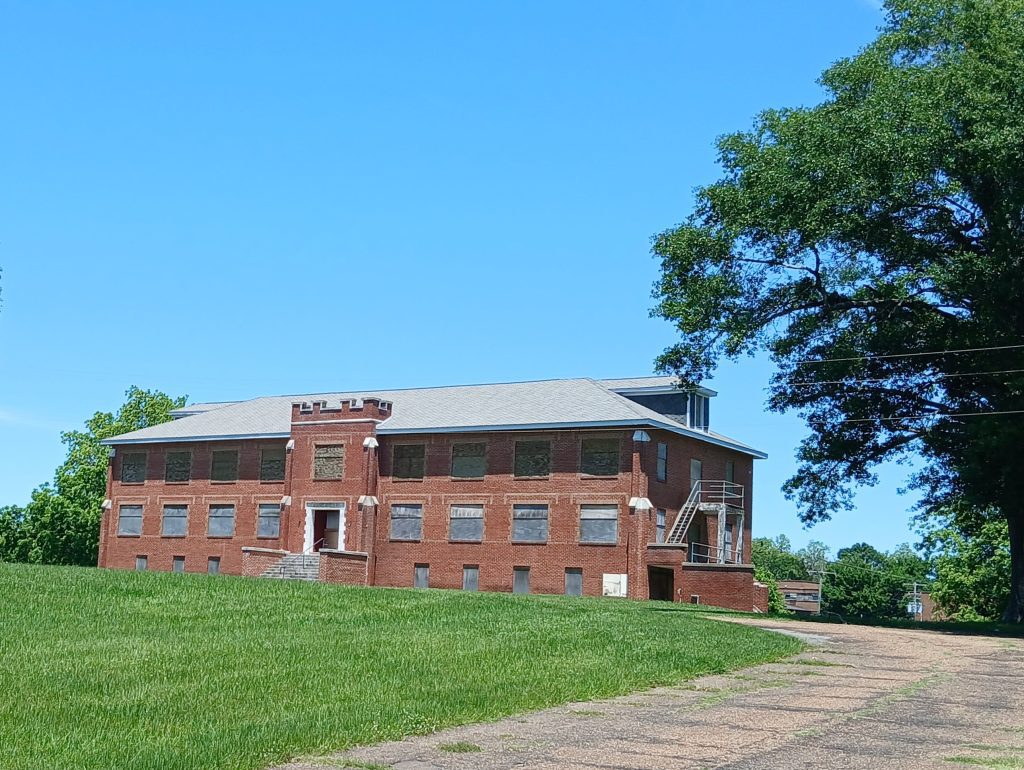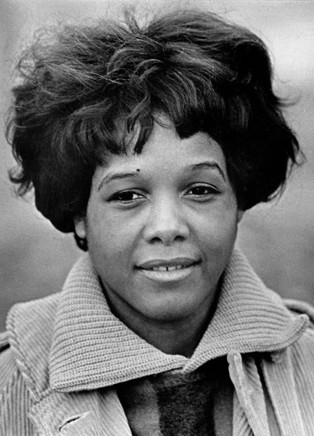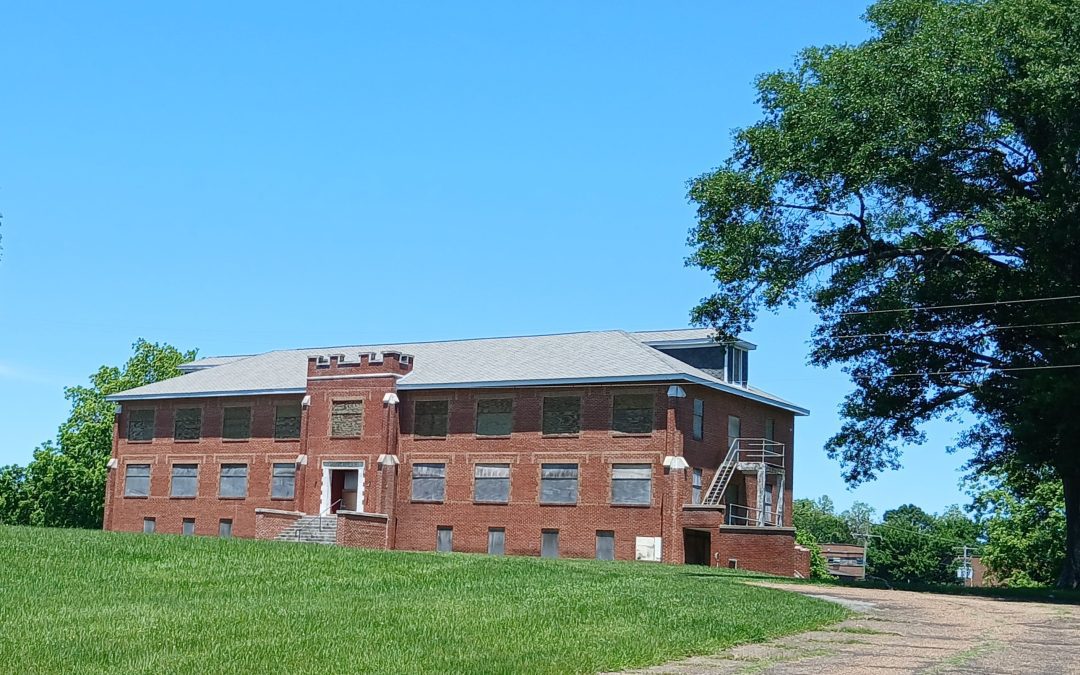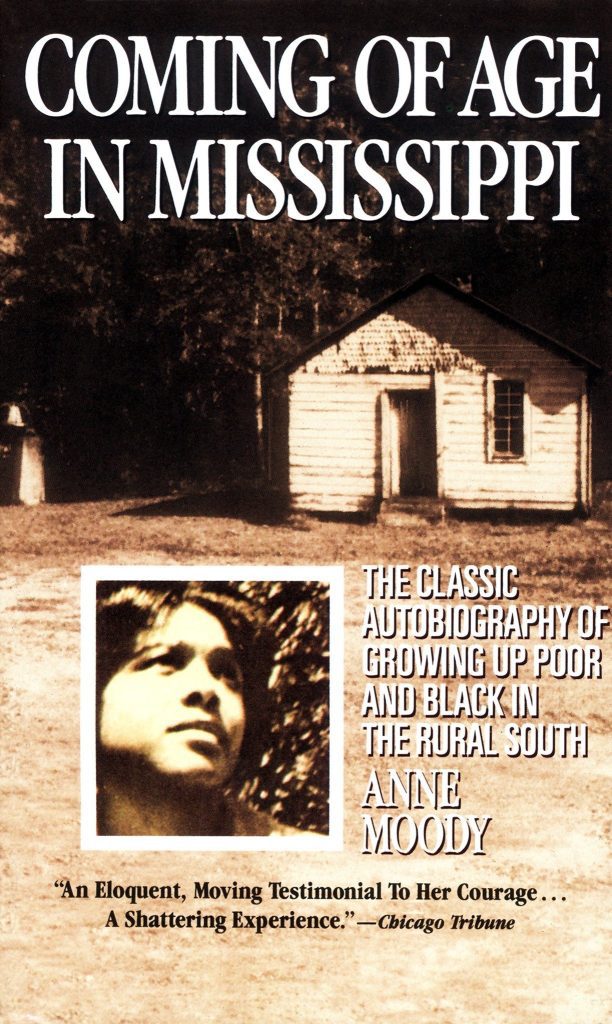
This is the Women’s Auxiliary building on the campus of the Baptist Heritage and Arts Center at Natchez College at 1010 N. Union St.
A building on the campus of Natchez College will soon house historic documents, artifacts, and memorabilia of one of its famous students and authors who played a significant role in the Civil Rights Movement in the 1960s.
The Women’s Auxiliary building – the main building on campus — will be home to the Anne Moody Interpretive Center, which honors the legacy of Anne Moody, author of “Coming of Age in Mississippi.” Moody attended the school on a basketball scholarship in the early 1960s, before moving on to Tougaloo College, where she became a civil rights activist.
The name for the center was approved in November 2024 by the General Missionary Baptist State Convention of Mississippi Inc., announced the Rev. Reginald M. Buckley, who is president of the convention.
When asked about the reason for the interpretive center, Buckley said, “We believe that it is extremely important to protect the voices and preserve the narratives that are often silenced. Moody’s time spent at Natchez College was formative in her development as a writer and activist as she discovered her agency to confront and speak to issues.
“Establishing the Anne Moody Interpretive Center at the Baptist Heritage and Arts Center at Natchez College will help to keep Moody’s spirit of agency and activism alive for future generations to be inspired.”
“I’m so happy Natchez College is honoring Anne,” said Frances Jefferson, Moody’s sister. “I’m looking forward to visiting the interpretive center when it’s completed.”

Anne Moody was a civil rights activist and the author of “Coming of Age in Mississippi.” She attended Natchez College in the early 1960s on a basketball scholarship after graduating from high school in Woodville.
Moody (1940-2015) was born and raised in Centreville, Mississippi. She grew up as a poor black girl in the Jim Crow South, but despite her limitations, she found courage in the midst of bigotry and racial violence in a segregated society. In her memoir, Moody recounted how she risked her life in her fight for civil rights for African Americans and other people of color. She suffered beatings and endured multiple incarcerations in her efforts to bring about change.
Those who knew Moody say that she exhibited courage as she fought for justice, voter registration, and equal access to public places.
Moody wrote about Natchez College in chapters 18 and 19 of her book. She discussed in detail the problems the students had with the food. Buckley noted, “It was there that she participated in her first public protest that involved the student meals.” For that reason, Buckley envisions the cafeteria in the Women’s Auxiliary building being the space where the interpretive center is housed.
According to Buckley, the interpretive center will also allow future generations to know of Moody’s history and be inspired by her work in the Civil Rights Movement.
“An interpretive center in her name will serve as a catalyst for programs that speak directly to our youth,” he said. “This would include writing programs and expressionist projects that interpret her life history while helping the young people to discover their own voices the way that Moody discovered hers.”

Rev. Reginald M. Buckley is president of the General Missionary Baptist State Convention of Mississippi Inc.
In other words, Buckley said, “the interpretive center would aid in helping our youth with self-expression via writing, speech, and other forms of communication. It would present history – and ideas – that would inspire them to become change agents in their respective communities.”
The interpretive center is expected to reach diverse groups of people and speak to them on different levels. In addition to providing programs related to Moody’s legacy, the interpretive center will include compelling exhibitions and relevant displays of period photographs and art, as well as copies of Moody’s books, articles, and family artifacts, Buckley said.
Buckley hopes the Interpretive Center will open around 2027, when other restoration work is completed at the Women’s Auxiliary building. The work will cost an estimated $6.5 million and when finished will provide classroom, office spaces and historical archives where research about Baptist life in Mississippi can occur. That is far more than the $750,000 awarded in 2022 to complete the first floor restoration of the T.J. Huddleston Memorial Chapel on the Natchez College campus.
Funding for the chapel was provided as a pass-through grant by Lilly Endowment Inc., which was part of a $2.5 million grant to the Foundation for Mississippi History to support Mississippi Department of Archives and History programs that promote public understanding of the role of religion in Mississippi history and culture.
Buckley said the first floor of the chapel has been completed, and funds are being sought for the second floor.
Natchez College was established by the Baptist convention as a private, historically black institution in 1884. The school, which later became Natchez Junior College, closed in 1989. Booker T. Washington visited the school in 1908.


